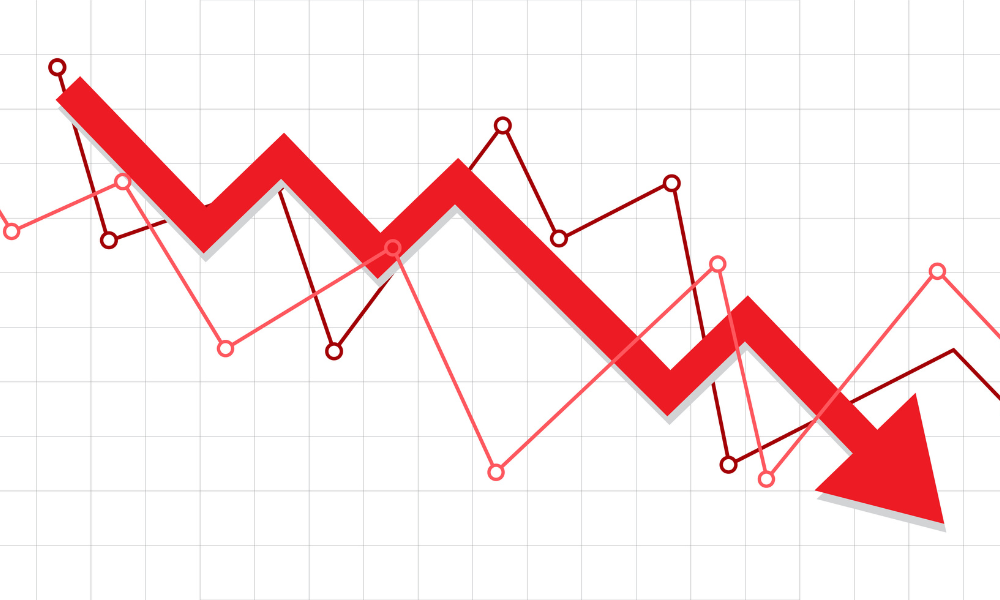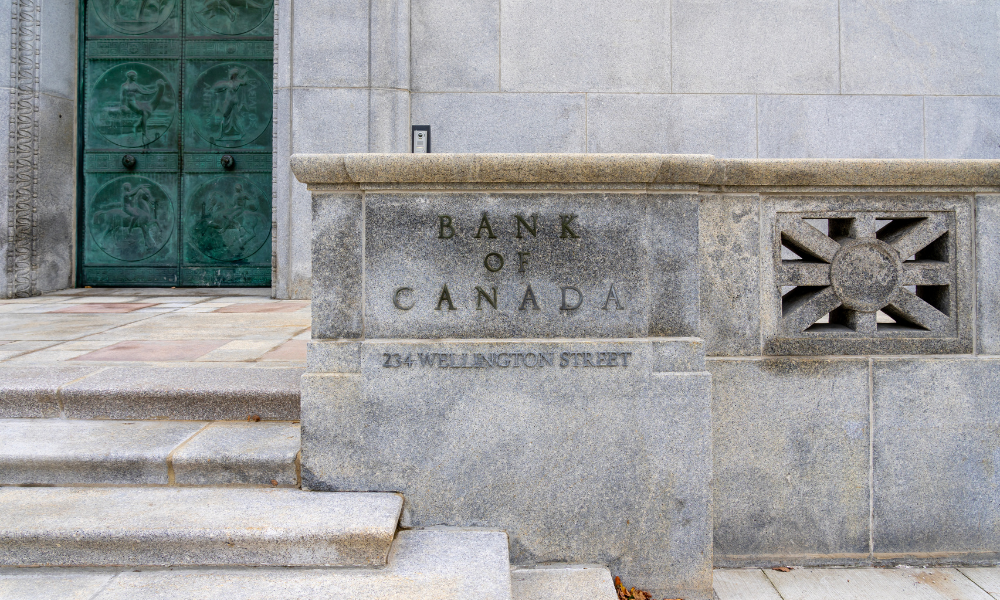KPMG in Canada experts break down measures on affordability, tax on share buybacks, and more

Last week’s fall economic statement was packed with nuance and tempered language, as the federal government sought to strike a balance between communicating confidence in Canada’s economy, fiscal prudence, and a continued commitment to extend help where it’s needed.
“The economic update reflected the uncertain economic times we face, with inflation, higher interest rates and stimulus spending all factors that affect growth,” says Brian Ernewein, senior advisor, Tax at KPMG in Canada (pictured above, left).
Ernewein noted that the federal government’s mini-budget basically followed the track of its last budget, reiterating some previously announced measures to support government priorities, such as the green economy, while also addressing the affordability concerns of Canadians.
Read more: Canada's budget update: mixed reaction to government plans
One of the key initiatives announced last week is a commitment for $6.7 billion in funding towards clean energy investment tax credits over the next few years, which was telegraphed along with plans to engage the business community in tackling climate change during the last budget.
Aside from following through on a previously announced plan to double the GST tax credit, the government unveiled several measures to help with Canadians’ continuing cost-of-living challenges, including a plan to permanently make student loans interest-free for low-income students.
“The announcement surrounding credit card fees related to small and medium-sized business owners certainly stood out,” says Dino Infanti, partner and national leader at KPMG Enterprise Tax, at KPMG in Canada (above, right).
In its update, the government declared plans to enter into negotiations with payment networks, financial institutions, businesses, and other stakeholders to make credit card transaction fees lower for small businesses. If the industry can’t come to an agreed solution in the coming months, the government said it will regulate credit card transaction fees instead by introducing legislative amendments to the Payment Card Networks Act in the new year.
“That could be reasonably significant for those small and medium-sized businesses,” Infanti says.
The fall economic update also restated plans for stiffer trust reporting rules, which introduce new reporting obligations for owners of bare trusts. But those rules will now take effect on tax years after December 30, 2023 – instead of 2022 – providing more time to clear up technical issues in their interpretation.
Read more: Upcoming reporting changes could rattle cagey trustees
Infanti also highlighted the government’s announced 2% tax on share buybacks for large public corporations, which follows a 1% excise tax on stock buybacks announced in the U.S. By raising the cost of repurchasing shares, companies may be incentivized to consider other economically productive alternatives such as reinvesting in their businesses, or raising employee wages.
The tax, which has already elicited some reactions from the private sector, is set to take effect for Canadian firms on January 1, 2024. That long runway will be beneficial for the government, Ernewein says, given question marks surrounding how the tax will be applied in different situations.
“Corporate reorganizations often involve issuances and redemptions of shares, so there’s a question of whether or not those redemptions might trigger the buyback tax,” he says. “There’s also questions around how to deal with things like convertible debt, which can be converted into shares if the borrower wants.”
The fall economic statement also provided an update on the fiscal outlook, with the government forecasting a $36.4-billion deficit – $16 billion lower than forecast in the last budget, though greater than the $25.8 billion forecasted by the PBO in October – before counting the new spending commitments that were announced. As it stands, Canada’s debt-to-GDP ratio remains the lowest in the G7, with the government forecasting it to further decrease.
“For the first time since assuming office in 2015, this government also forecast a balanced budget, with a $4.5-billion surplus by 2027-28, assuming that the pessimistic forecast they also included alongside the mini-budget doesn’t manifest itself,” Ernewein says.



